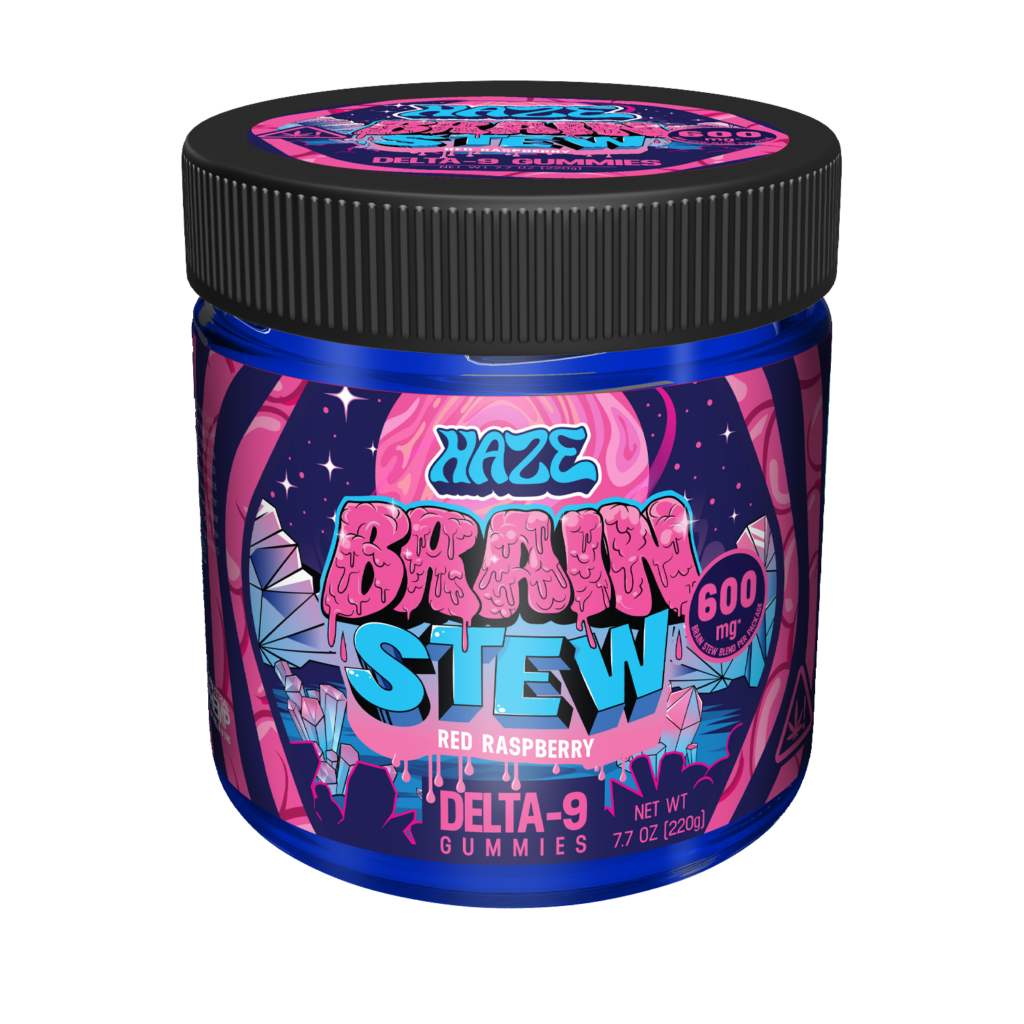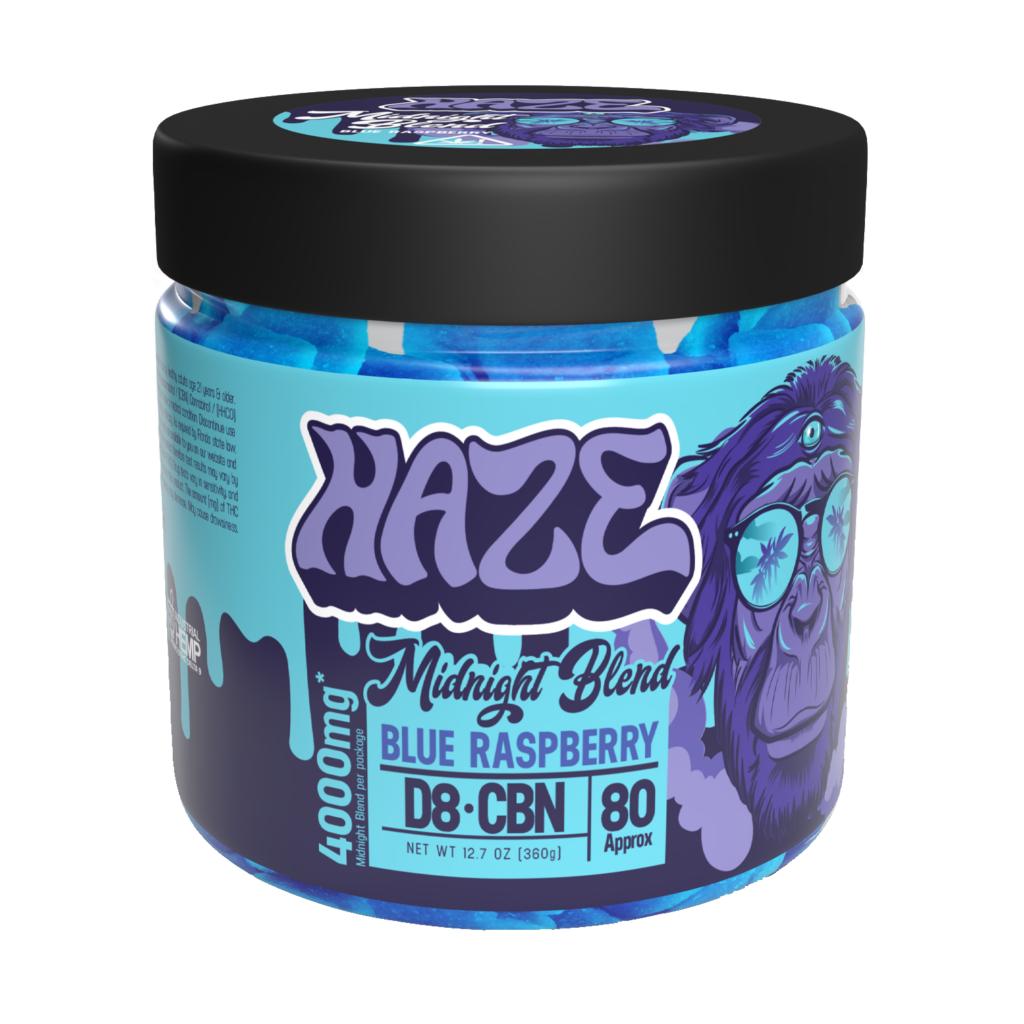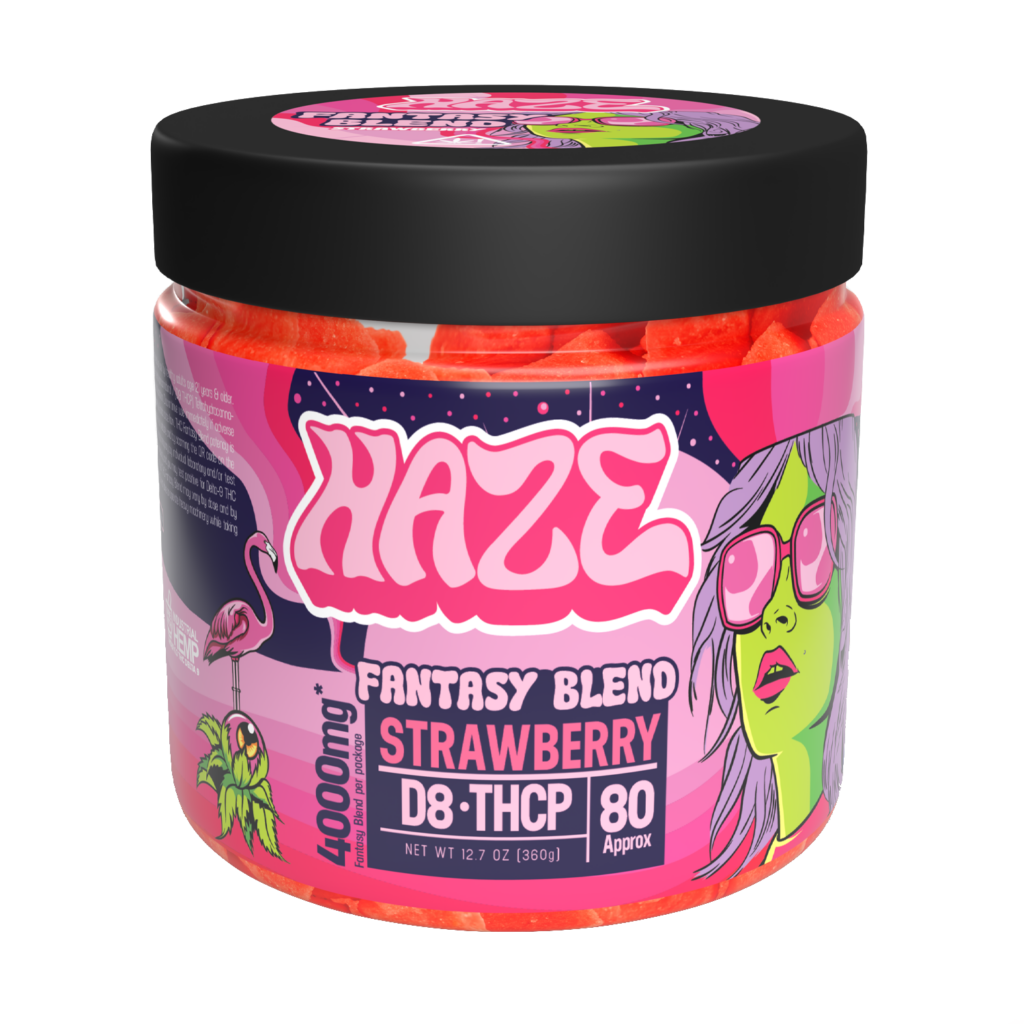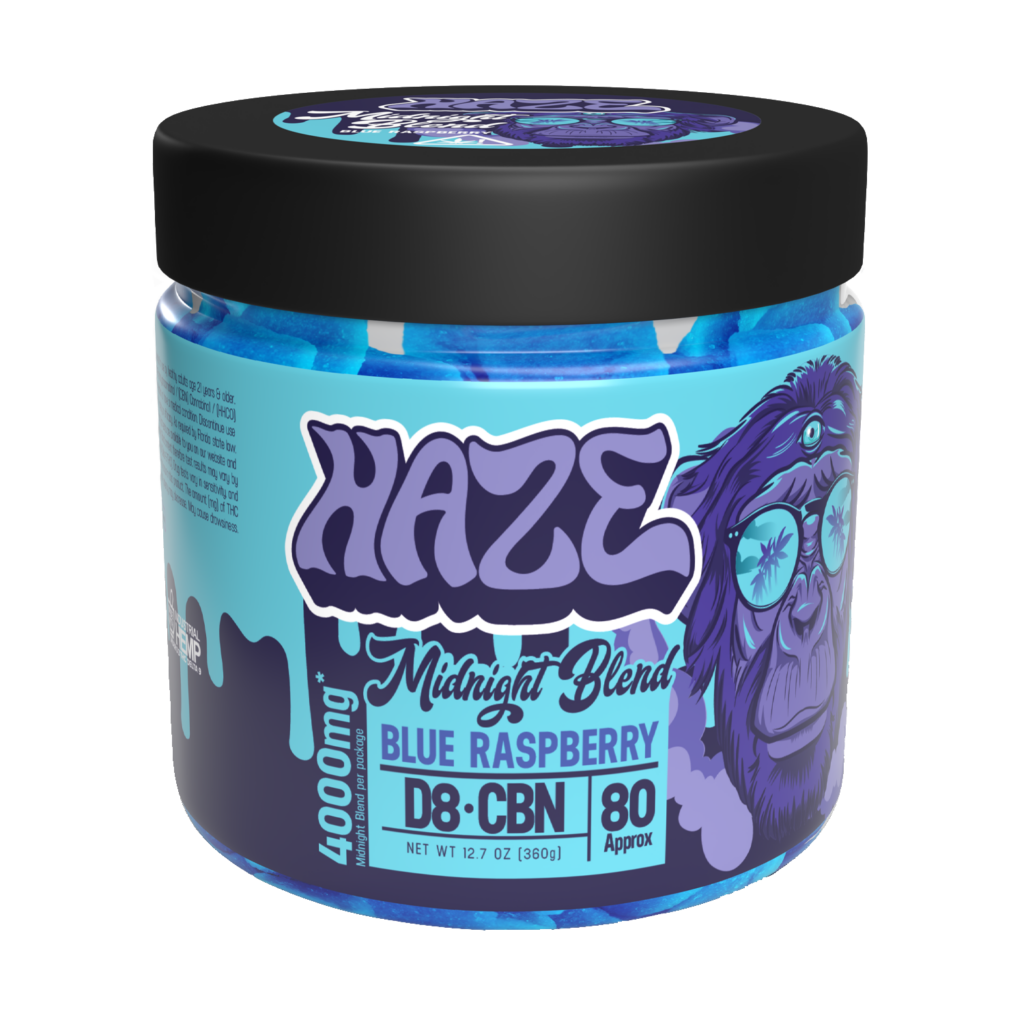Introduction
THC gummies have grown in popularity as a discreet, tasty, and potent way to consume tetrahydrocannabinol (THC), the psychoactive component of cannabis. These colorful, candy-like edibles are not only a favorite among recreational users but also hold therapeutic value for medical cannabis patients seeking relief from chronic pain, anxiety, and other conditions. However, the legal landscape surrounding THC gummies in the United States is complex, varying significantly from one state to another due to the patchwork of cannabis regulations.
This article will explore the current legal status of THC gummies across the United States, highlighting the nuances of federal and state laws. It will also discuss the implications of these regulations for consumers, businesses, and lawmakers.
What Are THC Gummies?
THC gummies are a type of cannabis edible infused with THC. They come in various shapes, flavors, and potency levels, providing a controlled and enjoyable way to experience cannabis’s effects. Unlike smoking or vaping, gummies are consumed orally and metabolized in the digestive system, resulting in a delayed but often more potent high.
Due to their versatility and ease of use, THC gummies are popular among individuals who prefer a smoke-free cannabis experience. These edibles can be found in dispensaries in states where cannabis is legal, often categorized by their THC content and sometimes balanced with cannabidiol (CBD) for a milder effect.
The Federal Legal Status of THC Gummies
At the federal level, THC remains classified as a Schedule I substance under the Controlled Substances Act (CSA). This designation implies that THC is considered to have no accepted medical use and a high potential for abuse. As a result, THC gummies and other cannabis products are federally illegal in the United States, creating significant legal and logistical challenges.
However, the 2018 Farm Bill introduced a pivotal change for cannabis derivatives. It legalized hemp, defined as cannabis containing less than 0.3% THC by dry weight, and its derivatives. Consequently, products containing delta-8 THC (a less potent isomer of delta-9 THC) derived from hemp have emerged in the market. While technically legal under federal law, delta-8 THC gummies exist in a gray area, subject to interpretation and enforcement by state regulators.
State-by-State Legal Landscape
Cannabis laws in the United States vary widely from state to state, with some allowing full recreational use, others permitting medical use only, and many maintaining a complete prohibition. Below is an overview of the legal landscape for THC gummies:
States Where THC Gummies Are Legal for Recreational Use
As of 2024, 23 states and the District of Columbia have legalized recreational cannabis. In these states, THC gummies are widely available in licensed dispensaries for adults aged 21 and older. These states include:
- California: A pioneer in cannabis legalization, THC gummies are legal for both recreational and medical use.
- Colorado: One of the first states to legalize recreational cannabis, THC gummies are a popular choice for tourists and locals alike.
- Oregon, Washington, and Alaska: Similarly, these states allow the sale of THC gummies in licensed dispensaries.
- New York and Illinois: Recently joined the ranks of states with a thriving recreational cannabis market.
In these states, the sale, possession, and consumption of THC gummies are regulated, and products must meet stringent testing and labeling requirements to ensure safety and transparency.
States Where THC Gummies Are Legal for Medical Use Only
In states with medical cannabis programs, THC gummies are available to patients with qualifying medical conditions. Examples include:
- Florida: Medical cannabis patients can purchase THC gummies from licensed dispensaries.
- Pennsylvania: Allows the sale of medical cannabis edibles, including gummies, for registered patients.
- Ohio, Texas, and Louisiana: These states have tightly controlled medical cannabis programs, limiting access to THC gummies to patients with specific conditions.
States Where THC Gummies Are Prohibited
In states where cannabis remains illegal, the sale and possession of THC gummies are strictly prohibited. These states include Idaho, Kansas, and Nebraska, where cannabis laws are among the most restrictive in the nation. Even possession of a small amount of THC can result in severe legal consequences.
States with Ambiguous Laws
Some states have ambiguous or evolving laws regarding THC gummies, particularly with the rise of delta-8 THC products. States such as Kentucky and Tennessee have seen debates about the legality of delta-8 THC gummies, creating confusion for consumers and businesses.
The Impact of Cannabis Legalization on THC Gummies
The varying legal status of THC gummies across the United States has significant implications:
Consumer Access
In states with legal cannabis markets, consumers can access a wide variety of THC gummies, often with detailed labeling indicating potency and ingredients. However, in prohibition states, consumers may turn to unregulated markets, where product safety and quality are not guaranteed.
Business Opportunities
The legalization of cannabis has opened doors for entrepreneurs to produce and sell THC gummies. However, navigating the regulatory landscape is challenging, with businesses required to comply with state-specific rules. For example, THC gummies must often meet child-resistant packaging standards and potency limits.
Public Health and Safety
In states with legal cannabis markets, regulations ensure that THC gummies undergo testing for contaminants, such as pesticides and heavy metals. This reduces the risk of harm to consumers compared to unregulated products.
Legal Risks
In prohibition states, possessing or distributing THC gummies can lead to legal consequences, including fines and imprisonment. Even in states where cannabis is legal, crossing state lines with THC gummies remains a federal offense.
The Future of THC Gummies in the U.S.
The legal landscape for THC gummies is likely to continue evolving. Key factors shaping the future include:
Federal Legalization
Efforts to remove cannabis from the CSA’s Schedule I category could pave the way for nationwide legalization, simplifying regulations for THC gummies and other products.
State-Level Initiatives
States are increasingly legalizing cannabis through ballot measures and legislative action, expanding access to THC gummies. In 2024, several states, including Ohio and Oklahoma, are expected to vote on cannabis legalization.
Regulatory Clarity
As the cannabis industry matures, clearer regulations regarding THC gummies, particularly delta-8 THC products, may emerge to address consumer safety and market consistency.
Conclusion
The legal status of THC gummies in the United States reflects the broader complexities of cannabis policy. While some states have embraced legalization and regulation, others remain resistant, creating a fragmented market with significant challenges for consumers and businesses alike.
As public opinion continues to shift in favor of cannabis reform, the legal landscape for THC gummies will likely become more unified. Until then, consumers must navigate a maze of state and federal laws to enjoy these popular cannabis edibles safely and legally.
Personal Review: THC Gummies from Haze
As someone who loves to explore the world of cannabis edibles, Haze’s THC Gummies have been an exciting addition to my stash. Let me walk you through my experience with each of these gummies, and I’ll share what I loved (and didn’t love so much) about them. Plus, I’ll include purchase links so you can snag these goodies yourself.
Haze Brain Stew Delta 9 Gummies (Hybrid)

Link: Haze Brain Stew Delta 9 Gummies (Hybrid)
These gummies hit me with a delightful balance of euphoria and relaxation. As a hybrid, they’re perfect for those days when I want to chill but still stay productive. The flavor? A fruity punch that makes you forget you’re taking an edible—until the effects sneak up about 45 minutes later.
What I liked:
- The balanced high was perfect for an afternoon creative boost or a laid-back evening.
- The flavors were vibrant and not overly sweet.
What I didn’t like:
- The onset time felt a bit longer than I expected compared to other gummies I’ve tried.
Haze Midnight Blend Gummies (Indica)

Link: Haze Midnight Blend Gummies (Indica)
These were my go-to for winding down after a long day. The deep, calming effects of the Indica were perfect for binge-watching my favorite shows or getting a good night’s sleep. They’re a lifesaver if stress has you feeling wired.
What I liked:
- Potent relaxation effects that melted my stress away.
- Ideal for evening use, especially before bedtime.
What I didn’t like:
- The texture was a bit too chewy for my liking.
Haze Fantasy Blend Gummies (Hybrid)

Link: Haze Fantasy Blend Gummies (Hybrid)
This blend felt like a slightly more playful version of the Brain Stew gummies. The hybrid effects leaned toward the uplifting side, making it great for social situations or tackling creative projects.
What I liked:
- The uplifting buzz was noticeable and fun without being overwhelming.
- The citrusy flavor was refreshing.
What I didn’t like:
- Effects felt less balanced than the Brain Stew blend, leaning a bit too much on the energetic side for my taste.
Haze Electric Blend Gummies (Sativa)

Link: Haze Electric Blend Gummies (Sativa)
These gummies are my secret weapon for days when I need a little extra pep. The Sativa effects are energizing and mood-lifting—perfect for tackling chores, going for a hike, or even sparking creativity at work.
What I liked:
- The boost in energy and focus was incredible!
- A tropical fruit flavor that was a delightful wake-up call for my taste buds.
What I didn’t like:
- They’re not great if you’re prone to anxiety, as the energy rush can feel a little intense.
Final Thoughts & Recommendations
Haze’s THC Gummies offer something for everyone. If you’re new to edibles or like to tailor your experience, the variety of blends is a huge plus. Personally, the Brain Stew Gummies are my favorite for their well-rounded effects, while the Electric Blend Gummies are unbeatable for daytime adventures.
Are THC gummies legal across the United States?
THC gummies are not universally legal across the U.S. Their legality depends on the state and the THC concentration. Many states allow THC products derived from hemp (containing less than 0.3% THC) under federal law, but others have stricter regulations. Marijuana-derived THC gummies are legal in states with medical or recreational marijuana laws.
Can I buy THC gummies online?
Yes, you can buy THC gummies online in some states where it is legal. However, shipping THC products across state lines may be restricted depending on state-specific laws.
How is the THC content in gummies regulated?
In legal markets, THC gummies are subject to state-specific regulations, which typically require clear labeling and limits on THC per serving or package. Always check the packaging for details about THC content.
Are there age restrictions for purchasing THC gummies?
Yes, age restrictions apply. In most states, you must be 21 or older to purchase THC gummies, though medical marijuana patients may have different requirements.
What’s the difference between hemp-derived and marijuana-derived THC gummies?
Hemp-derived THC gummies contain less than 0.3% THC and are federally legal under the 2018 Farm Bill. Marijuana-derived THC gummies have higher THC concentrations and are only legal in states that permit medical or recreational marijuana use.
Can I travel with THC gummies?
Traveling with THC gummies can be complicated. They are legal only in certain states, and carrying them across state or international borders may lead to legal consequences. Always research local laws before traveling.
Are there penalties for possessing THC gummies in illegal states?
Yes, penalties can vary from fines to imprisonment depending on the state and the amount of THC involved. Some states treat possession of THC products as a misdemeanor, while others classify it as a felony.
What should I look for when purchasing THC gummies?
Look for products from reputable brands that provide third-party lab testing, clear labeling, and state-compliant packaging. These ensure the product is safe, legal, and accurately dosed.
Can I use THC gummies for medical purposes?
Yes, in states with medical marijuana programs, THC gummies may be used for medical purposes to address conditions like chronic pain, nausea, or anxiety. A medical marijuana card is typically required in these states.
How can I stay informed about changes in THC gummy laws?
To stay informed, monitor updates from state cannabis regulatory boards, consult legal experts, or follow trusted news sources covering cannab
- North Dakota’s Top THC Infused Drink Finds - May 31, 2025
- THC Infused Drink Picks in West Virginia - May 31, 2025
- Kyren Wilson ready to follow Ronnie O’Sullivan’s lead in bid to regain World Snooker Championship crown - May 21, 2025
